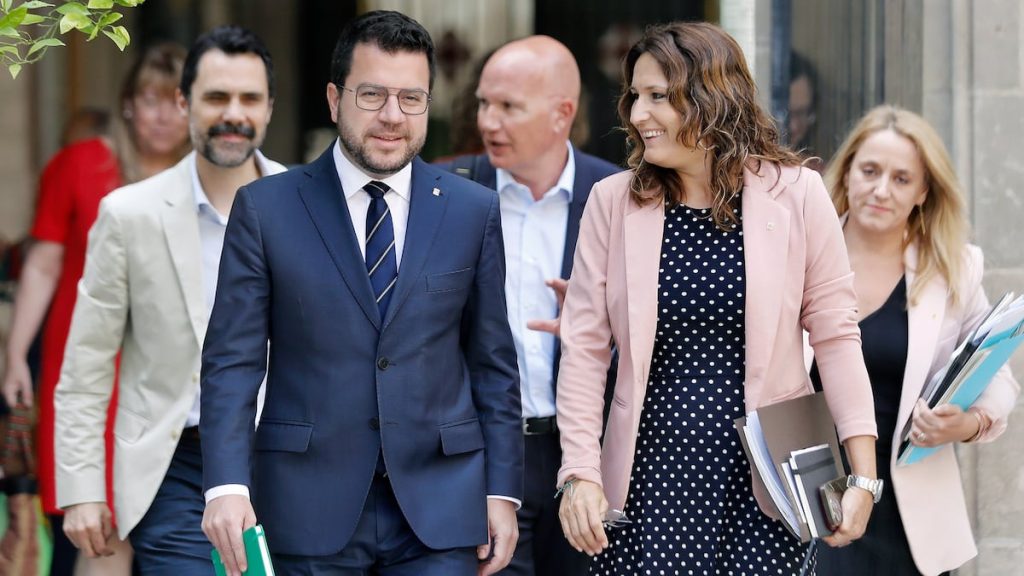The pact between socialists and republicans to appoint Salvador Illa as president of the Generalitat represents a significant step towards a federal Spain, but not without its uncertainties. However, any issues can be addressed through the appropriate legislative and institutional channels if they want to promote harmony and cooperation rather than discord. The fiscal self-government or transfer of taxes to autonomous communities has reached its peak with this milestone, leading to some concerns among skeptics. However, similar steps have been taken in the past, with each subsequent increase in fiscal responsibility met with initial resistance but ultimately accepted.
This latest development is part of the same trajectory, albeit more forceful and ambitious, outlining the complete collection of all taxes for the region they originate from, albeit with some details still unclear, such as corporate tax. Moreover, it establishes two crucial tolls: Catalans will continue to pay, albeit in a different way, to receive services from the State (such as defense and foreign policy), as well as a solidarity contribution to support less prosperous regions, similar to the arrangements in the Basque Country and Navarre but on a larger scale.
As long as these conditions are met, the situation remains within the constitutional realm, even if Catalonia separates from the Organic Law of Financing of Autonomous Communities without issues, as it is replaceable or modifiable. There is no intrinsic danger of lack of solidarity, cohesion, or dismantling of subsidies to regions receiving internal cohesion funds. However, the success or failure of this operation will depend on several factors, including whether it meets the needs of Catalans without disadvantaging them in terms of funding per capita compared to other regions, whether other interested autonomous communities can replicate it, and whether the General Administration of the State can continue to provide services to all citizens effectively.
It is important to look at neighboring countries for guidance before engaging in protests or disruptions. For example, the Constitutional Court of the Federal Republic of Germany in Karlsruhe has a doctrine which considers the transfer of powers (upwards towards the EU) in relation to whether the country retains enough competences to shape its economic future. This debate should be left to those with a thorough understanding of the implications, rather than those who seek to cause trouble or incite conflict. It is crucial to approach such complex issues with caution and consideration for the long-term implications for all parties involved.
In conclusion, the pact to appoint Salvador Illa as president of the Generalitat represents a significant step towards a federal Spain and greater fiscal autonomy for autonomous regions. While there are some uncertainties and concerns, these can be addressed through legal and institutional means. It is essential to ensure that the interests of all regions are taken into account and that any changes are implemented in a way that promotes solidarity and cohesion within the country. By looking at the experiences of other countries and engaging in constructive dialogue, it is possible to navigate the challenges and opportunities presented by this new development effectively.


